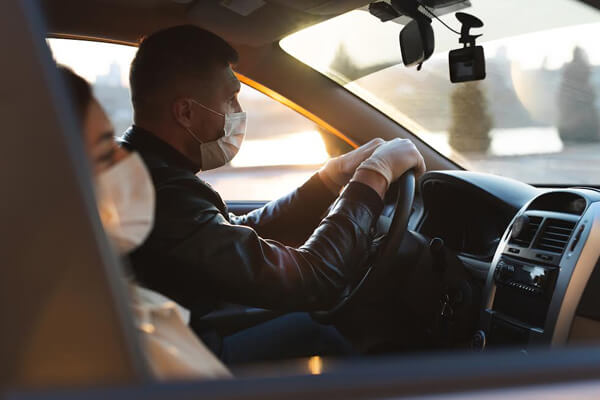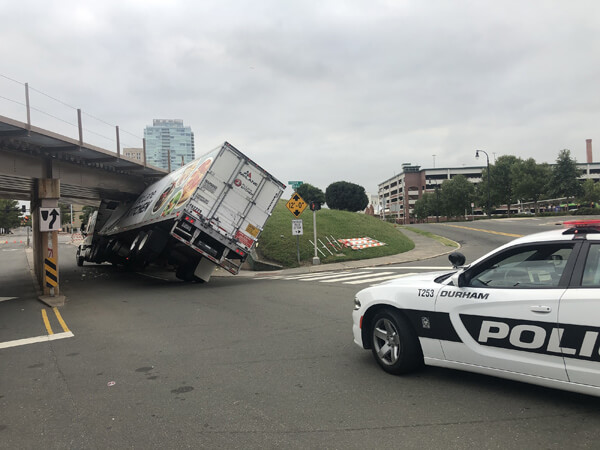
Five Common Trucking Regulation Violations that Lead to Accidents

The commercial trucking industry is regulated by the United States Government’s Federal Motor Carrier Safety Administration (FMCSA). The regulations the FMCSA puts into place are designed to improve trucking industry safety standards and to make roads less dangerous for everyone.
Unfortunately, trucking companies and drivers do not always adhere to these rules, and this negligence can lead to accidents that are devastating and sometimes even fatal.
Here are five of the most common trucking regulation violations that lead to accidents on the road.
- Excessive Work Hours
Truck drivers are bound by restrictions on the number of hours they are permitted to operate their vehicles without a period of rest. However, many commercial truckers find it difficult to abide by these restrictions because they feel that they cannot make a profit if they do. If drivers are operating without sufficient sleep, restroom breaks, or food breaks, the short- and long-term effects on their health can shorten their attention spans and make them more likely to be involved in a collision.
- Drug and Alcohol Violations
It is a violation for any driver to operate a vehicle while under the influence of alcohol or other intoxicating substances. Trucking companies are obligated to test their new hires as well as their existing employees periodically. This is especially true after a driver has been involved in an accident.
Trucking companies who fail to perform these tests and record the results are in violation of FMCSA regulations, opening themselves up to serious fines and lawsuits.
- Insufficient Driver Training and Screening
Before a driver is allowed to operate a commercial vehicle, they must receive sufficient training. Federal regulations require trucking companies to thoroughly screen their drivers, ensuring that they have the proper credentials, clean driving records, and a commercial driver’s license.
Furthermore, drivers need to have up-to-date medical examination cards that show that they are medically fit to drive.
Drivers with improper training or poor health are at greater risk of causing accidents, and the companies that employ them may be held liable.
- Improper Vehicle and Equipment Maintenance
The FMCSA requires commercial vehicle owners to perform regular checks and maintenance on their vehicles and equipment. Trucking companies must ensure that all safety equipment is in good working order, including:
- Brakes
- Tires
- Taillights
- Turn signals
- Mirrors
- Reflectors
Failing to maintain vehicles and equipment can lead to serious accidents, and companies that are negligent in this regard can be held accountable.
- Improperly Loaded Freight
Trucking companies, drivers, and freight loaders have the responsibility to load merchandise properly onto the truck. Overloaded or unbalanced trailers are incredibly dangerous for everyone on the road. When freight is loaded improperly, drivers have a much harder time maintaining control of their vehicles. This can cause trailers to swerve erratically and even flip over on the highway.
Contact an Experienced Virginia Beach Truck Accident Attorney Today
Being involved in a truck accident can be devastating, especially when it leads to serious injuries. The experience can also create a painful sense of injustice when it is caused by negligent drivers or trucking companies that failed to follow the rules that are in place to keep everyone safe.
The experienced Virginia Beach truck accident attorneys of Breit Law understand how challenging life can be after an accident. We are here to help you recover compensation for your injuries, lost wages from missed time at work, and for the pain and suffering you have experienced as a result of the accident.
Contact us today for a free, no-obligation consultation. Call us now at 804-282-8625, and let us get to work for you.




